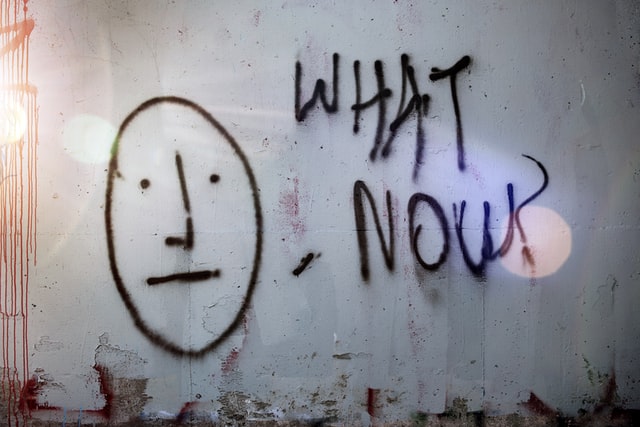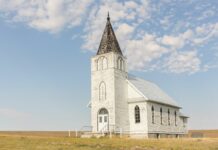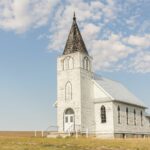When people ask the question “What if?”, what they are actually doing is re-imagining a current situation. They are picturing a better reality.
As Christians, we’re called to ask these “What if?” questions. The gospel compels us to re-imagine reality; not as “hopeful fantasy” but as what genuinely could happen with the power of God. After all, with him, nothing is impossible (Matt. 19:26).
As we look at our current situation—one that is broken, filled with sin, overwhelmed by chaos and devastation—we ask, “What if?”, and we do so through the lens of the resurrection. We see an entirely different reality because of the finished work of Jesus Christ. This should move us to engage radically in this world.
In and through church planting, we have a unique opportunity to see “What If?” become “What is”. You see, church plants—because of their deep desire to venture out and do something new, to engage new cultures in a way that is theologically driven, with missional innovation and cultural engagement—really can bring about significant change. And this is because when we plant churches, we do so in hopeful expectation that the gospel will transform people.
IMAGINE
What if, through the planting of healthy churches, we saw more and more people come to faith in the Lord Jesus Christ, trusting him as Lord and Saviour? What if, through the planting of healthy churches, we saw more people genuinely loving God and neighbour? What if, through the planting of healthy churches, we saw people laying down their lives to make disciples—treating the great commission as the great commission, and not merely as some great suggestion?
If that were the case, what kind of world would we live in? What kind of cities, towns and villages would we have? How would people treat and interact with one another?
What if we—as a diverse, global family of church-planting churches—sincerely applied the words of Jesus in Mark 9:35: ‘Whoever wants to be first must take last place and be the servant of everyone else.’
The gospel turns things upside-down. Or, we could say that the gospel gets us to see that we—in our sinful rebellion—are the ones who are upside-down, and in Christ God enables us to see things as they really are. So when we plant churches, we enter into environments and tell people that they are living in a false reality. There’s another—a true and better—narrative to live by. God has, in his beautiful creation, made the world to function in a particular way, but we have turned that on its head. The work of church-planting enters into those spaces with an intention to see things turned back to the way they were meant to be.
Upside-Down
What if we planted churches that exemplified the servant heart of Christ. What if, in our ministries, we put the needs of others above our own (Mark 10:42-45). What if we leveraged our privilege and emptied ourselves for the sake of others (Philippians 2:5-8). What if we denied our personal preferences and selfish ambitions, taking up our crosses and following Jesus together (Luke 9:23).
What if maturity and leadership were measured not by the colour of one’s skin, or social status, or age, or education, but rather by one’s devotion to God; one’s character and servant leadership.
What if the security guard or the gardener—who was a mature believer in the faith—served as an elder in the affluent church filled with corner office corporate executives. What if the lady who cleaned houses in the suburbs during the week lead bible studies in those same houses over the weekend. What if the leader of a nationwide church movement or denomination was a faithful local pastor of a small rural church, who simply loved God, loved people and wanted to see many reached with the gospel.
What if we saw more churches working together, putting aside their personal preferences and sharing resources in order to impact more people and contexts.
As we plant healthy churches that plant healthy churches, we don’t have to simply imagine this. By God’s power, we can make it a reality. Our prayer is that we would become a humble movement of churches—fueled by the grace of God, the love of Christ, and empowered by the Holy Spirit—to see significant change where we live, work and play. Then our what if can become what is—the way that God intended it to be, the way that puts him on display in all his radiant glory.







